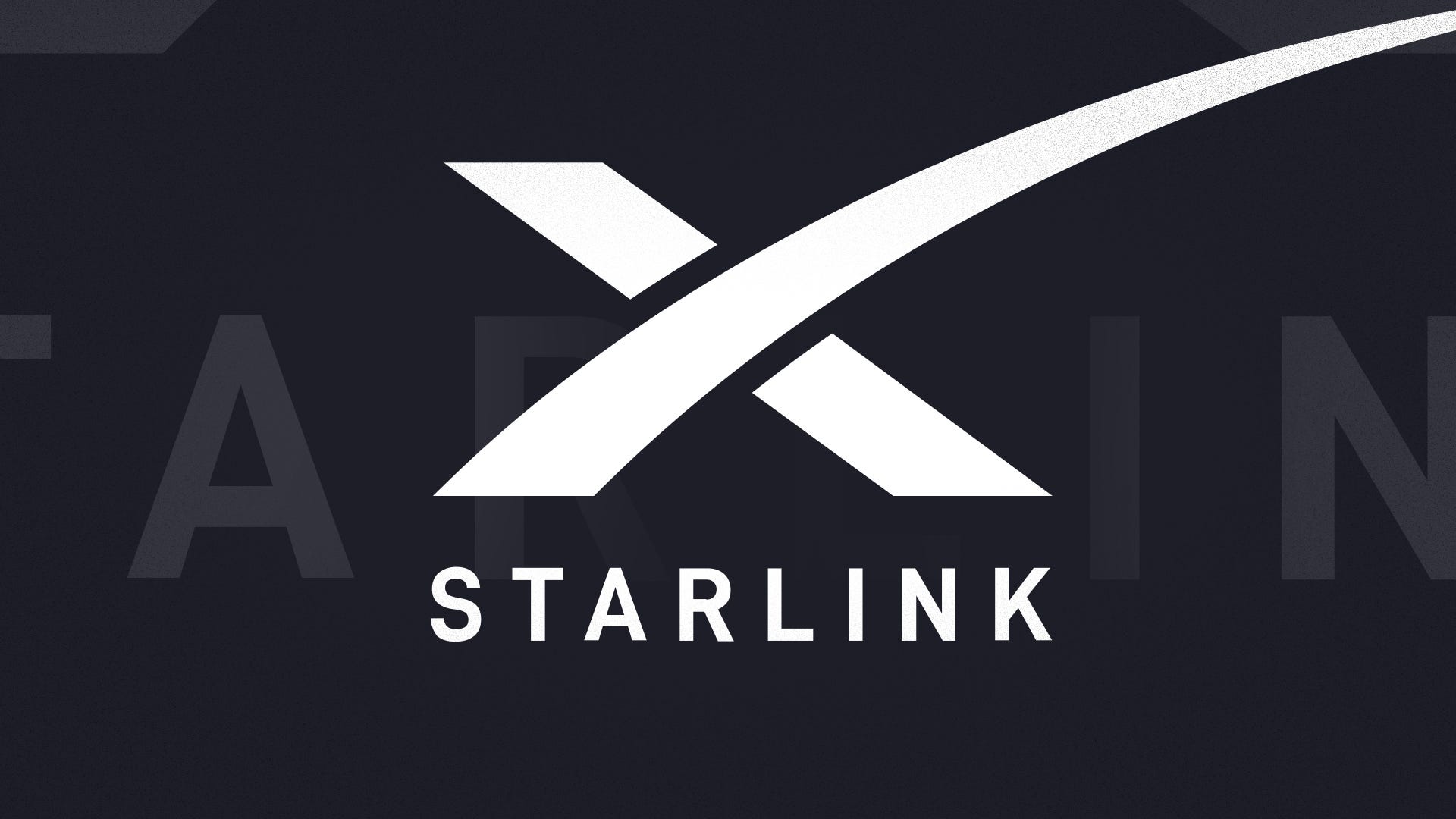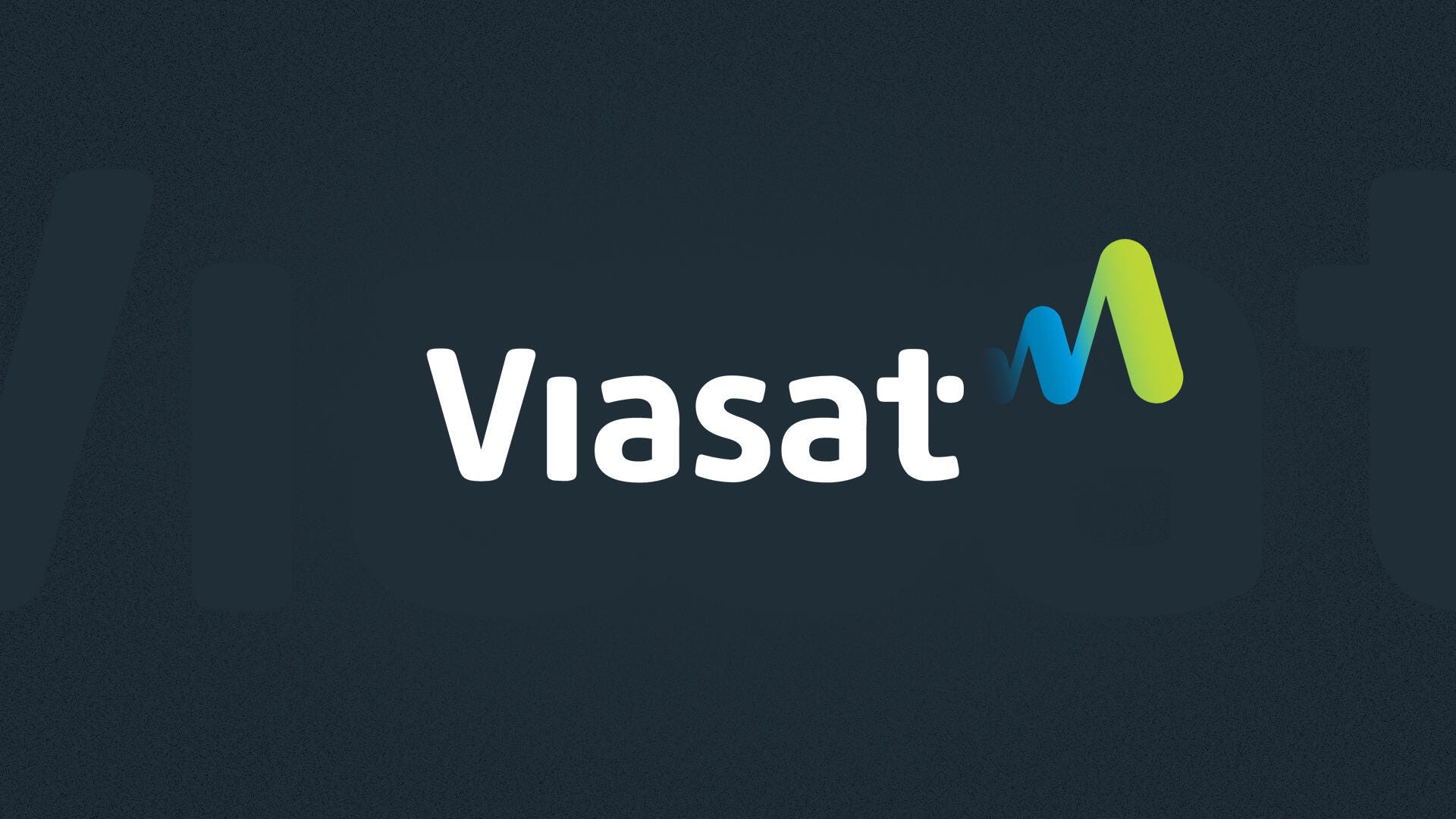Hughesnet – Best satellite internet provider for reliable speeds
- Prices: $50 – $150 per month
- Speeds: 15 – 50Mbps
- Key Info: No hard data cap, nationwide availability
Satellite internet is the one broadband connection type currently available to people in the rural areas of all 50 states. Serving as a solid alternative for those without access to DSL, cable or fiber internet, satellite internet involves linking a home internet modem to a satellite in space.
Source: CNET analysis of provider data.
Best satellite internet service providers

Satellite Or call to learn more: (855) 874-8909
20 – 250 Mbps
$90 – $120 per month
Starlink internet plans and prices
15 – 50 Mbps
$50 – $150 per month






